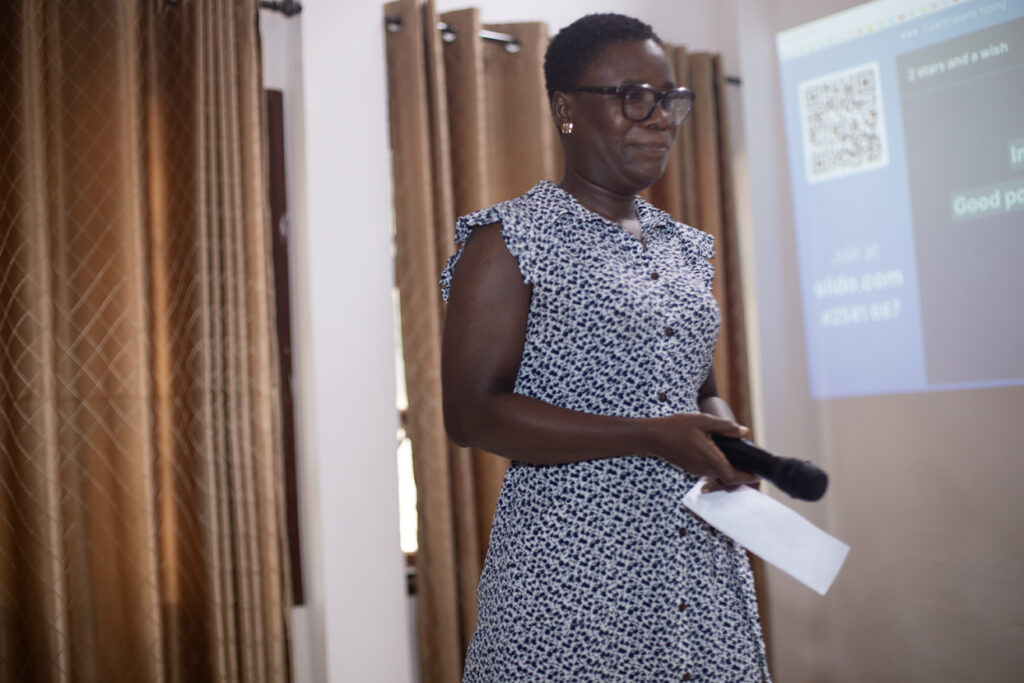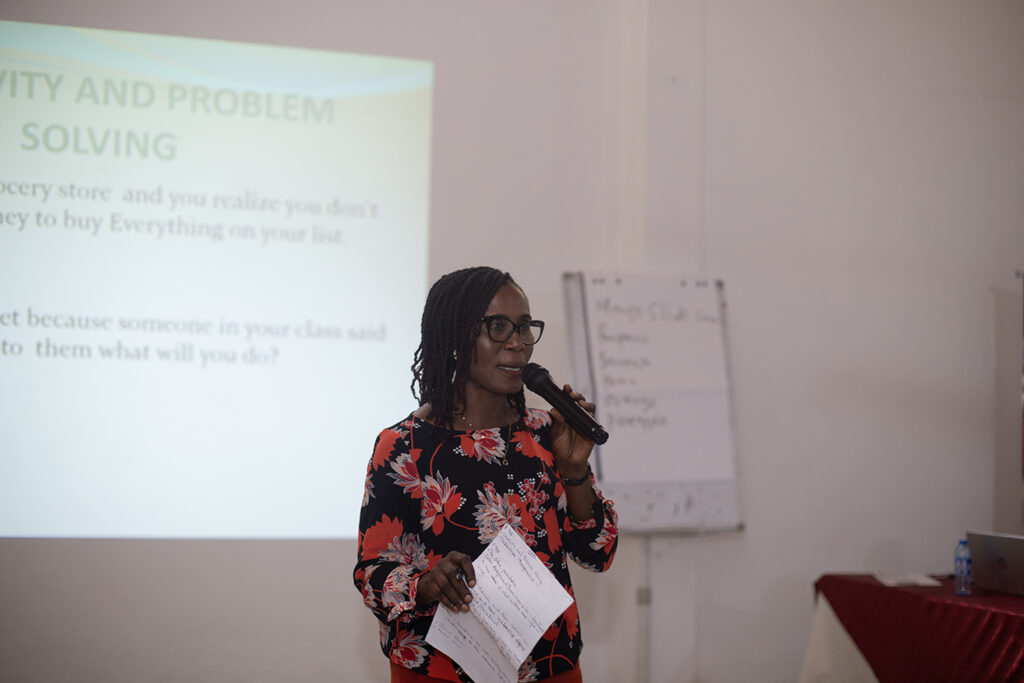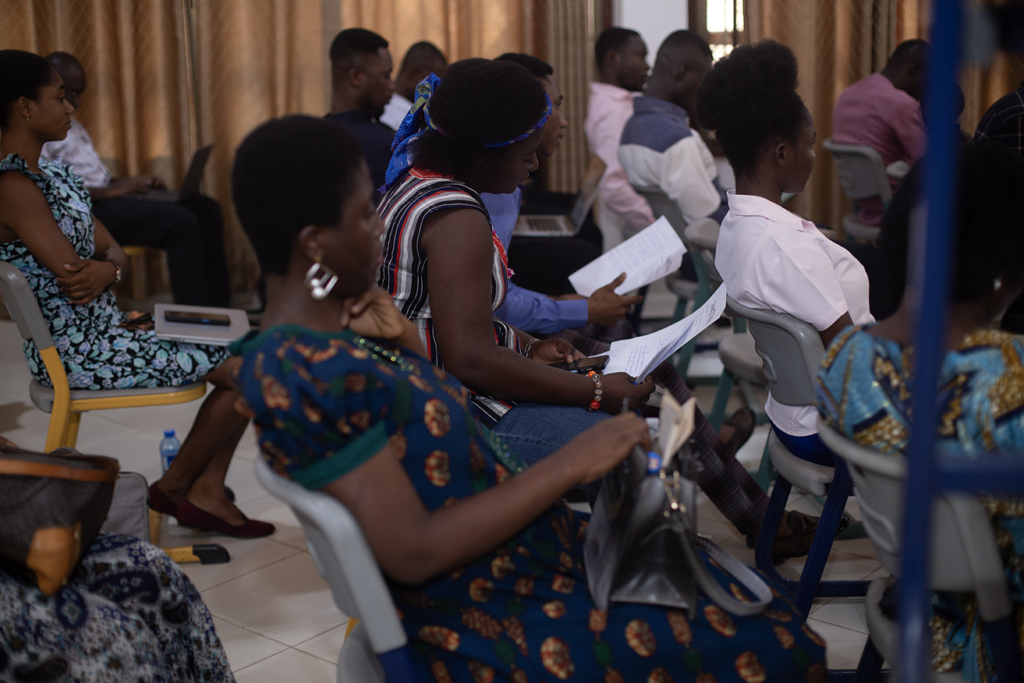Report on Train the Trainers’ Final Workshop Ghana
February 13th, PRECEVID VTF Hall, Kumasi, Ghana
On February 13th, 2024, GreenVETAfrica hosted a pivotal Validation and Evaluation Workshop at the PRECEVID VTF Hall in Kumasi, Ghana. With 25 enthusiastic trainers from Ghana in attendance, the workshop provided an invaluable opportunity to gather comprehensive feedback, evaluate facilitation skills, and reflect on the impact of our training initiatives.
Feedback Collection
One of the primary objectives of the workshop was to solicit feedback from the trainers regarding their experiences with the Train the Trainers program. Trainers were divided into groups to facilitate open discussions and provide insights into various aspects of the program. While the feedback was largely positive, it was evident that trainers desired more personalized feedback, especially concerning the assignments they had submitted as part of the program.
Furthermore, several trainers expressed a preference for in-person training sessions over virtual ones. They emphasized the importance of face-to-face interaction in fostering deeper engagement and facilitating better learning outcomes. This sentiment underscores the value of human connection and the need to strike a balance between virtual and in-person training modalities in future programs.
Trainers’ Validation
In addition to providing feedback, trainers were tasked with showcasing their facilitation skills by delivering sessions on assigned topics. These sessions were designed to assess the trainers’ comprehension of the training modules and their ability to engage participants effectively. Trainers demonstrated commendable proficiency in conveying the content, fostering interactive discussions, and creating conducive learning environments.
The facilitation assessments also provided trainers with an opportunity to showcase the knowledge and skills they had acquired through the Train the Trainers program. It was evident that trainers had gained valuable insights and practical tools that they could apply in their training sessions. The sessions were informative, engaging, and reflective of the trainers’ commitment to excellence in environmental education.





Conclusion
The Validation and Evaluation Workshop underscored the significance of ongoing feedback and assessment in shaping the quality and effectiveness of our training initiatives. The insights gathered from trainers will inform future program improvements, including the provision of more personalized feedback, exploration of hybrid training modalities, and refinement of training content to address specific needs and preferences.


